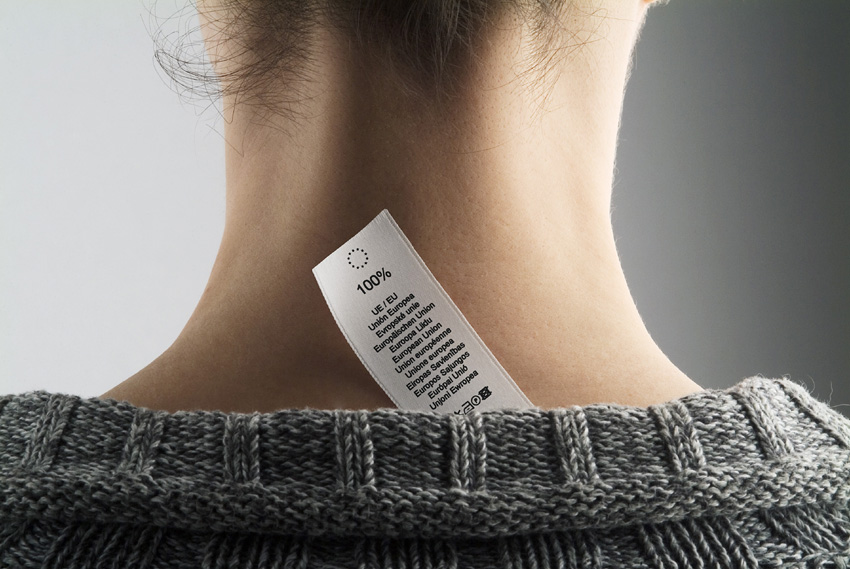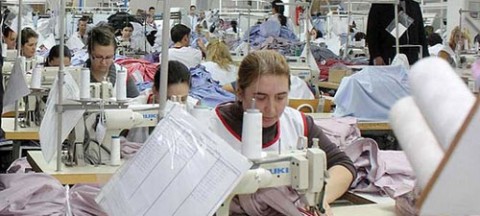
Contributing in a big way

Some of history’s most important textile and fashion inventions and today's most celebrated manufacturers, innovators and artists hail from the continent. ‘Made in Europe’ is a label steeped in heritage, unparalleled quality and award-winning craftsmanship. Hundreds of leading brands, retailers, internationally acclaimed designers, thousands of talented emerging designers and forward-thinking entrepreneurs, researchers and educators belong to this vibrant and colourful land.
In the EU, textile and clothing sector remains a SME-based industry today. Companies of less than 50 employees consist of over 90 per cent of the workforce and produce almost 60 per cent of the value added. One of the most globalised industries, clothing and textile has a chain of production, wholesale and retail of just one product at times, that span dozens of stakeholders and many continents.
In 2014, over each quarter, EU clothing imports increased manifold. Now they consist of about half of the world's entire clothing production with China manufacturing an estimated 65 per cent of the world's textiles.
Fashion Revolution Day
Human development can benefit greatly and positively with European trade in clothing and textiles. However, it needs to be ensured that this is done in an empowering, participatory and sustainable way for the entire global value chain. Fashion Revolution Day is all about this vision. On the April 24 every year, people from all over the world get together to challenge the current industry-wide system and demand that fashion be used as a force for good.
Unfortunately, today, consumers don't know how and where things are made, and producers have become invisible. This scenario gives rise to conditions that allow disasters to happen and obscures responsibility and accountability when things go wrong, for example, the Rana Plaza tragedy in Bangladesh.
Fashion is the world's second most polluting industry, says a Danish Fashion Institute (2013) report, second only to oil. Nearly 25 per cent of chemicals produced worldwide are used for textiles. And the industry is often cited as the number two polluter of clean water (after agriculture). Also, the ways things work today, the industry contribute to a loss of time as Europe has seen the decimation of techniques such as Harris Tweed weaving, haute couture embroidery and specialist leather making over several decades.
To avoid this discontent and discord, Fashion Revolution believes in building an industry that values people, the environment, creativity and profit in equal measure. The Revolution believes that stakeholders should start by making the industry more transparent. This would collectively help them see and begin to understand how it truly works, and only then industry player can begin to fashion a new way of working.
As this is the EU’s Year of Development, it is the right time to dwell on how the players can legislate a cleaner, fairer, more sustainable future for the fashion industry within Europe and with those the continent trades with in this sector.












